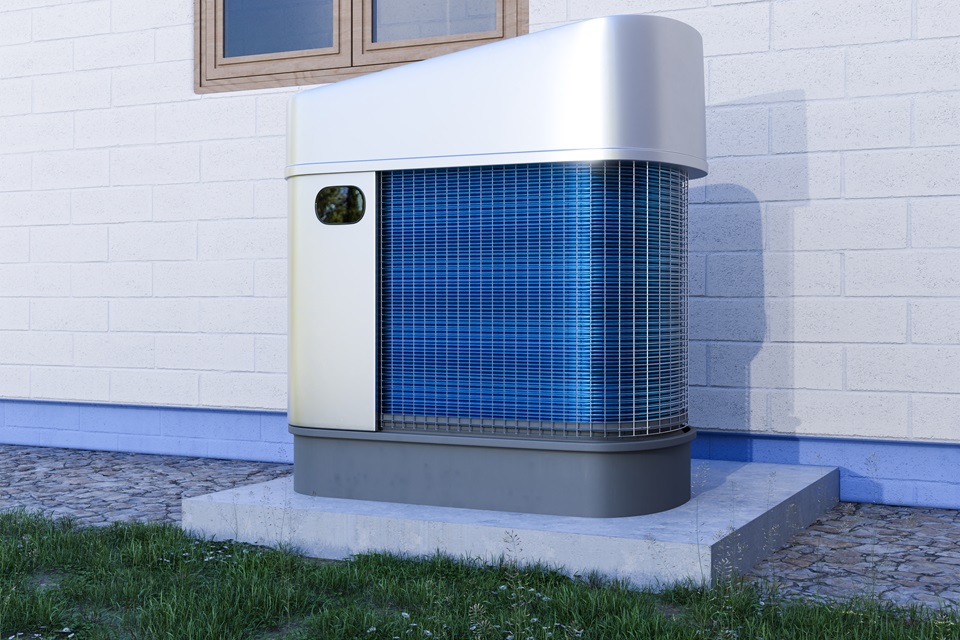Heat pumps started showing up in new homes around the late 1990s and really became standard equipment in the early 2000s, but that said there are many homeowners who have never seen one. They go by different names and assemblies, but the concept is the same. Rather than using electricity-powered or gas-fired heating or cooling, a heat pump generates temperature change by utilizing the air found outside and proactive moves it into the house. So, when the house needs cooling down, the pump draws in cold air from the ground or outside to do the job. When it needs to be warmer, the same effect but in the opposite direction. While this method is definitely more within the range of sustainable practices, it does take some professional work for the installation. It is not a “do it yourself” bolt-on type system that one can install after watching a few YouTube videos.
Table of Contents
Heat Pump Repair
As a unit gets older, or if it’s not operating correctly, then some signals are worth paying attention to when they happen. Common signs of odd behavior worth attention come in different forms and flags. So, a homeowner needs to know what to look for. These include:
- The most obvious sign, the expected temperatures aren’t occurring. If it’s not heating or cooling as it’s supposed, then the heat pump needs to be checked out.
- Sudden spikes or changes in the cost of the home’s utilities, specifically the water charges.
- Loud or weird sounds coming from the pump. These tend to be signs that the system tends to be struggling. Pumps only strain when they are not working properly or there is resistance that should be happening.
- Odd or burning smells. This might be a sign of electrical burn or mechanical wear that shouldn’t be happening.
- Lots of cycling is occurring, even when the pump is not being called on to change the house temperature. This means either the temperature sensors are wonky or the machine is overreacting and unable to regulate itself.
- A frequently popping fusebox connected to the pump usually signals are problem with the pump overheating, overworking, or electrically malfunctioning.
- Leaking is a big problem, either in air channels or refrigeration. If a pump doesn’t have pressure due to leaks, it’s not going to work right, and it’s going to make a mess.
Fortunately, a good amount of these issues can be addressed, resolved, and repaired by a licensed plumber.
What To Expect From A Professional Response
A professional technician is first going to work with the existing system and evaluate its performance against expected standards for the given equipment. As deficiencies are observed, he will then combine the noted problems with observations and focus on what is causing them. From there, recommendations will then be made to the homeowner on what needs to be fixed. The goal is to restore the operational reliability of the pump first. On the other hand, if it cannot be salvaged and is indeed on its last leg, options will then be provided to the homeowner on how to replace the unit. Remember, it’s always a smart move to get a second opinion. However, most professional heat pump repair services will agree on the conclusions if they are fairly obvious.
If engaging in a replacement or a new unit, a professional heat pump installation is really the best path to take. By connecting everything properly to the house’s ventilation and temperature system, the new heat pump will work as expected and produce its desired results correctly. There are options for “do it yourself” DIY installations, but if a homeowner hasn’t been doing this kind of work regularly, it leaves a lot of room for mistakes that can be costly. With a professional install, a homeowner knows the system has been set up correctly and, if there is an issue, the provider is on the hook to fix it and deliver a properly working system as well, an added protection for the homeowner.



